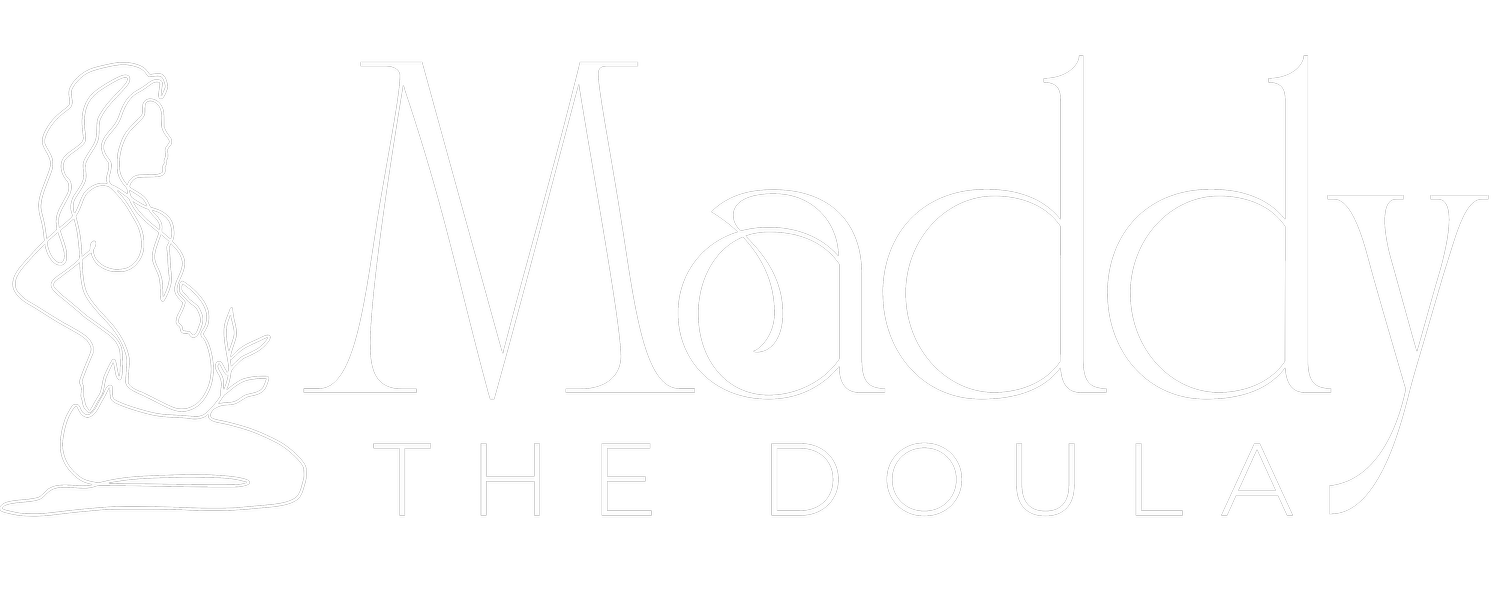What is the difference between a doula and a midwife?
As a birth doula, I often find myself explaining the differences between doulas and midwives to expectant parents. Many wonder why they should invest in a doula when they already have a trained midwife supporting them. While both roles are important in supporting a positive birth experience, they serve distinct functions. Understanding these differences can help you make informed choices about your birth team and what kind of support you’ll need.
What is a Doula?
A doula is a trained professional who provides emotional, physical, and informational support throughout pregnancy, labour, and the postpartum period. My role as a doula is to ensure that you feel supported, informed, safe and respected during your labour and birth.
Here’s how a doula supports you:
Emotional Support: I provide continuous reassurance and encouragement. My goal is to help reduce anxiety and build your confidence, creating a positive and calming environment.
Physical Comfort: I offer comfort measures such as breathing techniques, massage, and suggestions for different labour positions to help manage pain and improve your comfort.
Educational Guidance: I help you understand the birth process, explore your options, and make informed decisions. I’m here to answer questions and provide evidence-based information.
Advocacy: I assist in communicating your preferences and birth plan with the medical team, ensuring that your voice is heard and your wishes are respected.
While I do not provide medical care, my focus is entirely on your non-medical needs and helping you navigate the emotional and practical aspects of childbirth.
What is a Midwife?
A midwife is a trained medical professional who provides clinical care during pregnancy, labour, and birth. Midwives are skilled in managing both routine and complex births, and they work to ensure the health and safety of both the mother and the baby.
Here’s how a midwife supports you:
Medical Care: Midwives conduct prenatal exams, monitor the health of you and your baby, and manage complications if they arise. They are trained to handle a wide range of medical situations, including emergencies.
Labour and Birth Management: Midwives provide medical interventions and support during labour and delivery, including monitoring vital signs, assisting with the birth, and providing post-birth care for you and your baby.
Postpartum Care: Midwives often offer postpartum care to ensure recovery and address any medical concerns that arise after birth.
Birth Setting: Midwives can attend births in various settings, including hospitals, birthing centers, and homebirths, depending on their training and certification.
Key Differences Between Doulas and Midwives
Scope of Practice: The primary difference is that doulas do not provide medical care. Instead, we focus on non-medical support to enhance your birth experience. Midwives, on the other hand, are responsible for medical care and managing the birth process.
Role in Birth: A doula provides continuous emotional and physical support, while a midwife manages the clinical aspects of labour and birth. We work together to ensure that you receive comprehensive care.
Training and Certification: Doulas usually undergo training in childbirth education and support techniques but are not licensed to provide medical care. Midwives have extensive medical training and certification to manage both routine and high-risk births.
Why Having Both Can Be Beneficial
Many families choose to have both a doula and a midwife as part of their birth team. This combination offers a well-rounded support system where the midwife handles medical aspects, and the doula provides continuous emotional and practical support. This partnership can contribute to a more satisfying and supported birth experience.
Midwives are registered medical professionals and they are required to follow policies and guidelines. They are monitoring the health of mum and baby and are responsible for identifying medical concerns. They are using devices like BP machines, monitoring heart rates with dopplers or CTGs, doing vaginal examinations, contacting doctors, gaining orders for medication, organising epidurals, preparing for baby’s birth by setting up and checking equipment. A lot of their time is spent documenting what is happening through each moment.
As a doula, I am focussed entirely on you and your birth partner to support your physical and emotional needs during labour and birth. I am by your side from when you need support and will stay with you until your baby is born. During this time I am providing a range of different supports – emotional reassurance is a huge part of it. Reminding you how strong and capable you are, encouraging you to breathe through each surge and relax your body, prompting position changes if you are needing this kind of support. I am providing physical comforts like massage, hip squeezes, applying cool cloths and fanning you, getting you sips of water between each surge and much more.
If medical concerns arise I am there to support you to understand the information and your options, ensuring that you are being given the benefits, risks and alternatives so that you can make a choice that is right for you and your baby.
Doulas and midwives each play crucial but distinct roles in childbirth. By understanding these differences, you can better determine how to build a birth team that meets your needs and supports your vision for a positive birth experience. Whether you choose to work with a doula, a midwife, or both, the goal is to ensure that you feel supported, respected, and confident as you bring your baby into the world.
If you are interested in finding out more about doula support during pregnancy, birth and postpartum, I’d love to chat!

